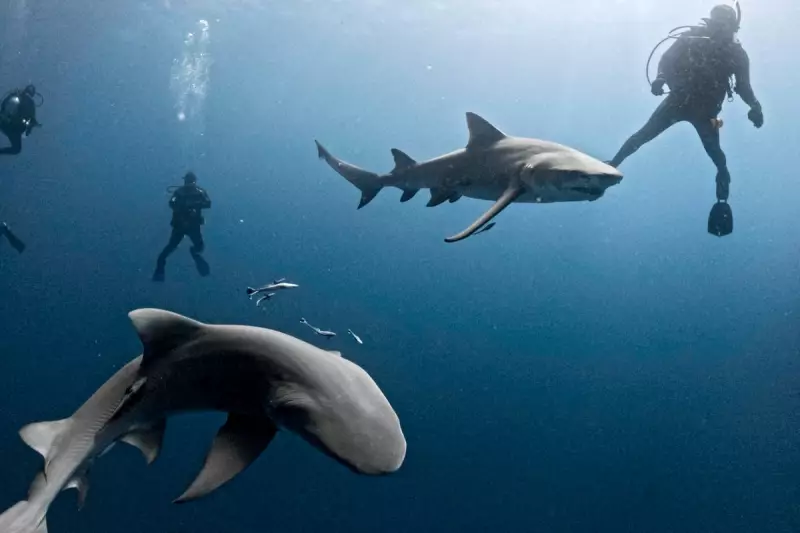
A 46-year-old tourist has been hospitalised after a shark attack near a popular beach in Fuerteventura, one of Spain's Canary Islands. The incident occurred on Tuesday afternoon, sending shockwaves through the local community and holidaymakers.
Details of the Attack
Emergency services rushed to the scene after reports of a swimmer being bitten by what witnesses described as a "large shark". The victim, believed to be a German national, sustained significant injuries to his right leg and was airlifted to Gran Canaria for specialist treatment.
Beach Closures and Safety Measures
Local authorities immediately closed several beaches along the coast as a precautionary measure. Marine biologists have been deployed to assess whether the shark remains in the area, while lifeguards have intensified patrols.
"This is an extremely rare occurrence in these waters," said a spokesperson for the Canary Islands Government. "We're working with experts to understand what might have caused this unusual behaviour."
Tourism Impact
The attack has raised concerns among tourism operators during peak holiday season. Fuerteventura, known for its golden beaches and clear waters, attracts millions of visitors annually for water sports and beach holidays.
Hoteliers have reassured guests that shark encounters remain exceptionally uncommon in the archipelago, with the last significant incident occurring over a decade ago.
Expert Analysis
Marine biologists suggest the shark may have been a bull shark or possibly a tiger shark, both species known to occasionally venture into coastal waters. Climate change and shifting fish populations have been cited as potential factors in changing marine predator behaviour globally.
Authorities are advising swimmers to remain vigilant and follow all safety instructions from lifeguards as investigations continue.





